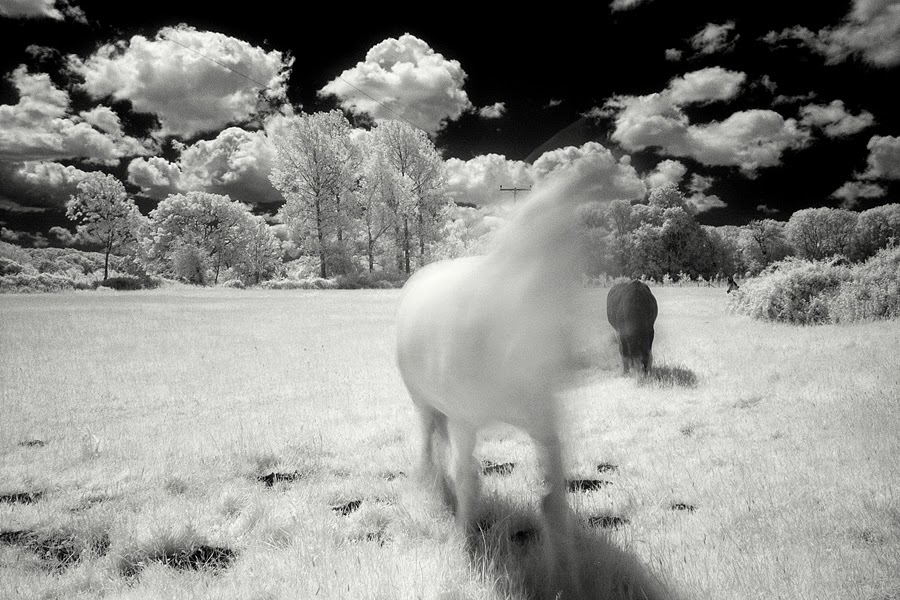UPDATE:
First, I created the graphic because I’m a book lover and wanted to express my passion for reading through a different method. While I’m well-versed in research methodologies, my goal wasn’t–and still isn’t–to produce a quantitative, peer-reviewed product. I simply wanted to illustrate reading importance.
Second, I was curious to know if I could create an interesting graphic. I’ll just assume I found the answer to that one.
Rev. Robb Brewer
Here’s what I’ve discovered about the source on the original graphic:
According to a Jenkins Group Facebook post in 2011, the reading statistics are incorrectly attributed to the Jenkins Group. Apparently Jerrold Jenkins, owner and founder of the Jenkins Group, presented the observations to a group of small publishers using data from the Book Industry Study Group, American Book Sellers Institute, and US News and World
Report. https://www.facebook.com/jenkinsgroup/posts/10151053968015564
A New York fundraiser who hosts a reading blog contacted the Jenkins Group to ask about their study. She discovered the company distances itself from the statistics; while they admit their owner, Jerrold Jenkins, presented the material, they never actually published the report. http://www.libereading.com/2012/04/in-which-i-execute-some-hard-hitting.html
I think it’s safe to say the stats from the original graphic are questionable, and I am therefore recanting any and all connection to them.
At the same time, I still believe in the absolute viability of reading and it’s ability to radically impact a person’s life. In an age where our smartphones will read aloud to us, we risk watering down this life-changing skill. So here’s a new graphic. The stats aren’t as juicy, but it still supports my original point: reading is important.

Rev. Robb Brewer's new, "less juicy" graphic
By the way, I'm not changing the last box from the original graphic. I like Earl Nightingale's thought. It's not research-based, but it makes me feel good--just like reading.
Elmer Gantry, con-man, seducer, and salesman for the Lord
http://www.robertbrewer.org/disciple/surprising-book-facts-infographic/
Read this carefully, and you'll discover how total crap can be presented - nay, ACCEPTED - as fact.
I've seen and heard people quote these "statistics" (from the original, non-backpedalling/shit-eating version) many times, and not one person questioned their veracity. Mostly they seem to feel outrage, blaming internet culture and the school system. But could there be more to this thing? How could there NOT be, when the so-called stats are so ridiculous?
Then I noticed the tiny lettering at the bottom of the graphic: Robert Brewer, a name that immediately made me wonder: who is this guy, and could these unbelievable statistics be true?
The answer is no.
In a blog post (see link, above), Pastor Brewer admits that he "created" this graphic to impress people about the problem of illiteracy. He admits he did not concern himself with accuracy: "While I’m well-versed in research methodologies, my goal wasn’t–and still isn’t–to produce a quantitative, peer-reviewed product. I simply wanted to illustrate reading importance." But not only are the stats completely bogus, and not only did he KNOW they were bogus, he would not admit to being the source, nor would he take responsibility for passing on known distortions and lies. In fact, he quickly passes the blame to someone else.
Perhaps feeling the heat from a few nitpicking killjoys, Brewer begins to buck-pass to a mysterious association called the Jenkins Group, who also quickly deny they knew anything about the "statistics". It all started with one guy, apparently, and they sure aren't going to support HIM any more (even though his name is Jenkins and he owns the group). It finally ends with this astonishing statement: "I think it’s safe to say the stats from the original graphic are questionable, and I am therefore recanting any and all connection to them." Like Pontius Pilate, when the heat is on, Reverend Brewer very hastily washes his hands.
Meanwhile, his Surprising Book Facts (a. k. a. Surprising Reading Facts - how come they changed the title, anyway?) is now world-famous, still widely quoted in schools, and discussed over coffee in offices everywhere, often with gasps and groans: "oh, look at THIS," "I can't believe this," "what has our school system come to?" etc. etc., while not ONE person takes the time to see if any of it is valid. The final conclusion about "becoming an international expert in seven years" is an especial favorite, a real crowd-pleaser with its inspirational message of hope. ("Gee, do you think it's really true?" "Well, I guess it MUST be.")
Why are people buying this? Why is ANYBODY buying it? It's written down, that's why. It's on the internet. It's in a neat-looking graphic with nice colors, eye-catching. In some cases people are actually quite offended if you try to debunk it, maybe out of pride: they can't or won't acknowledge they fell for this swill. What's the matter with you, are you cynical about everything now? Don't be so negative!
Brewer seems to think it's all to the good, justifying his deception by claiming it gets the discussion going about the general illiteracy of our culture. My favorite line is the little kicker at the end: "By the way, I'm not changing the last box from the original graphic. I like Earl Nightingale's thought. It's not research-based, but it makes me feel good--just like reading." Note how it's suddenly "Earl Nightingale's thought", not his. Brewer must have gone to the Jim Bakker School of Evasive Whitewashing, like all these assholes do. But is making yourself feel good sufficient grounds for pushing fabricated "statistics" on an absurdly gullible public?
You decide.
A few late-blooming thoughts:
I just saw another blog where a young woman claimed to have "cracked" this complex mystery with some "hard-hitting investigative journalism". I'm not sure what she meant by that, because this thing is so transparent that all you have to do is read the guy's name at the bottom of the original infographic and google it. The info I needed came up in seconds. Not so hard-hitting, not so investigative, unless that's what passes for investigation now. By the way, Rev. Brewer's name was never mentioned in her post. She had, at best, a very superficial knowledge of the Jenkins Group and their association with the "infographic". She also claimed that, while the statistics may have been valid ten years ago when the graphic was originally designed, it was probably somewhat out of date now. What can I say - she's too nice to investigate anything.
Kicker to the kicker: spot the sloppy writing!:
"At the same time, I still believe in the absolute viability of reading and it’s ability to radically impact a person’s life."
This is all about literacy, is it not? Is it not about taking care with language and learning to write with a modicum of proficiency, especially when (literally) PREACHING to us all about literacy, presuming you are here to straighten us all out? This is making me so angry I have to get away from it before I kill someone. To the world, I want to say, WISE UP. IT AIN'T THAT HARD.
Order The Glass Character from:
Thistledown Press
Amazon.com
Chapters/Indigo.ca





















































